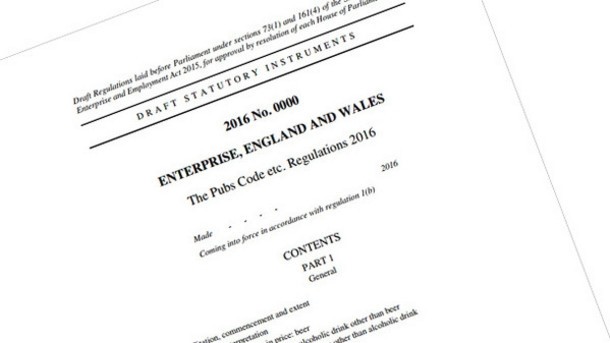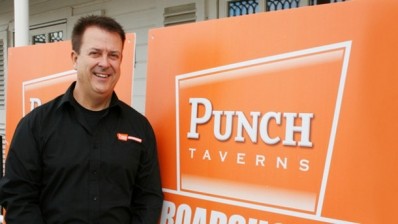Pubs code
MRO: Savills warns of pubcos selling sites to avoid legislation

In a wide-ranging discussion with The Morning Advertiser about the effectiveness of MRO, which will be printed in the 31 October edition of the magazine, Marsh warned of the pubs code ultimately not delivering the desired outcome, suffering the same outcome as the Beer Orders legislation of the late 1980s.
“If a pub company has more than 500 pubs, it is governed by the pubs code, but if they sell to a pub company with fewer than 500 pubs then although the pubs code is still binding, the option for a free-of-tie lease goes out the window,” Marsh said.
When asked if the six pub companies governed by the pubs code (Greene King, Marston’s, Star Pubs & Bars, Admiral Taverns, Punch and Enterprise Inns) may look to exploit the loophole in the pubs code, Marsh said: “I do not believe it's far-fetched”.
'In some instances, it will increase the tenant's vulnerability'
“I would think that in some circumstances where the pub company is vulnerable to a significant decrease in income as a result of MRO then quite possibly they will look at selling them. In other instances, in order to preserve their income, they might consider taking those pubs back to be managed houses at the end of those leases.
“As a result, I think that in some instances it will increase the tenant's vulnerability if they go down the MRO route and take a free-of-tie lease,” he added.
Although there have not yet been any specific deals that Marsh thinks should be viewed with suspicion, he did add: “I can't tell you whether I believe that some of the sales that have happened recently are specifically designed to make sure that the tenants don't have a free-of-tie option because I haven't been on the board of any of the pub companies making those decisions. But I would be very very surprised if it is not a factor.”
Despite this, Marsh noted that at least one major pub company recently held an event, at which tenants were invited to meet their suppliers and also find out more about the pubs code, and that they offered transparency about the differences between the relationship that a tied tenant and free-of-tie tenant would have. "Going forward, this transparency is key," he said. "The main thing for both pub companies and tenants is to communicate clearly with each other so that agreements can be reached which are in the best interests of both parties"
Marsh ultimately added that he felt the pubs code adjudicator, Paul Newby, was thus far proving successful at overseeing the code with fairness. “He is very eloquent and is putting himself out in front of tenants to answer questions and give guidance on how he is implanting things, so is very visible, which is a good thing.”






